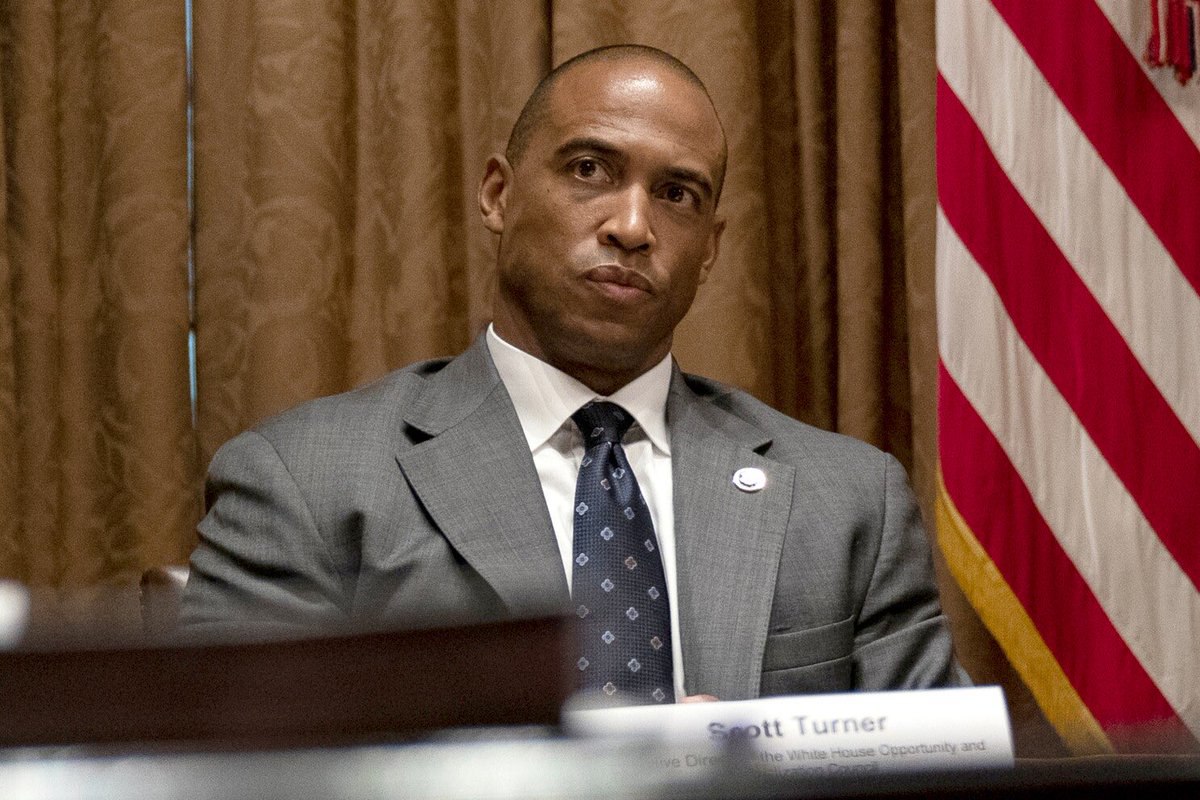Mother Admits to Ignoring Autistic Child by Wearing Headphones Daily
A mother has publicly acknowledged her decision to wear headphones throughout the day, which she claims leads to her ignoring her autistic child. This admission has sparked significant discussion regarding parenting practices and the challenges faced by families with children on the autism spectrum.
The mother, who identifies as a liberal, explained that her choice to wear headphones is a coping mechanism for managing her own stress and sensory overload. She stated that while she loves her child, the constant demands of parenting an autistic child can be overwhelming. Her comments have raised questions about the balance between self-care for parents and the needs of children with special requirements.
Experts in child development and autism advocacy have expressed concern over the implications of such behavior. They emphasize the importance of active engagement and communication between parents and their children, particularly for those with autism, who may rely on consistent interaction to thrive. According to professionals, neglecting these interactions can hinder a child's emotional and social development.
The mother’s admission has also ignited a broader conversation about the challenges faced by parents of children with autism. Many parents report feeling isolated and overwhelmed, leading to the adoption of various coping strategies. While some methods may provide temporary relief, experts warn that they can also lead to long-term consequences for both the parent and child.
In response to the backlash, the mother has stated that she is seeking help and exploring alternative ways to manage her stress while remaining present for her child. She hopes that by sharing her experience, she can encourage other parents to seek support and find healthier coping mechanisms.
This incident serves as a reminder of the complexities of parenting, particularly in the context of special needs. It highlights the necessity for open dialogue about the challenges faced by families and the importance of prioritizing both parental well-being and child development.



